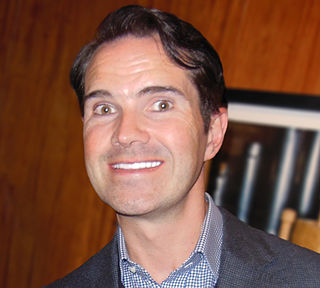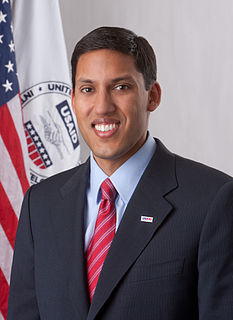A Quote by David Niven
Watching too much TV can triple our hunger for more possessions, while reducing our personal contentment by about 5 percent for every hour a day we watch.
Related Quotes
We drink too much, smoke too much, spend too recklessly, laugh too little, drive too fast, get too angry, stay up too late, get up too tired, read too little, watch tv too much. We have multiplied our possessions but reduced our values. We talk too much, love too seldom, and hate too often. We've learned how to make a living but not a life. We've added years to life, not life to years.
Most people just half-watch TV. They watch TV while they are doing many other things in the environment of their home. So, what they are doing goes through their ears as much as through their eyes. In television, the narrative and characters are in the foreground of everything, because you are watching TV as you do other stuff.
While complying can be an effective strategy for physical survival, it's a lousy one for personal fulfillment. Living a satisfying life requires more than simply meeting the demands of those in control. Yet in our offices and our classrooms we have way too much compliance and way too little engagement. The former might get you through the day, but only the latter will get you through the night.
We in the richest societies have too many calories even as we starve for beautiful, fresh food; we have overly large houses but lack spaces that truly embody our individuality and connectedness; media surround us everywhere while we starve for authentic communication. We are offered entertainment every second of the day but lack the chance to play. In the ubiquitous world of money, we hunger for all that is intimate, personal and unique.
If we continue on the trend we’re on, we can reduce extreme poverty by more than 60 percent-lifting more than 700 million people out of dollar-and-a-quarter a day poverty and back from the brink of hunger and malnutrition. But if we accelerate our progress from 3 percent annual reduction to over 6 percent and focus on key turnarounds in some difficult countries, we could get a 90 percent reduction. We could essentially eliminate dollar-and-a-quarter head count poverty.







































